Best Seasons for Stove Pipe Installation
Stove pipe installations are most effectively performed during mild weather conditions. Optimal timing typically falls in late spring and early fall when temperatures are moderate, reducing the risk of weather-related delays or complications. Installing during these periods allows for easier handling of materials and safer working conditions.
Weather impacts installation quality and safety. Cold temperatures can cause materials to become brittle, while excessive heat or humidity may affect sealing and adherence. Proper planning for seasonal conditions can ensure a smoother process and long-lasting results.
Late spring and early fall offer the most stable weather conditions for stove pipe installation, minimizing delays and ensuring safety.
Avoid installation during extreme cold, heat, or rainy periods to prevent material issues and ensure proper sealing.
Plan installations ahead of seasonal weather changes and ensure materials are stored properly to avoid weather damage.
Proper timing helps achieve a secure fit and long-lasting performance of stove pipes.
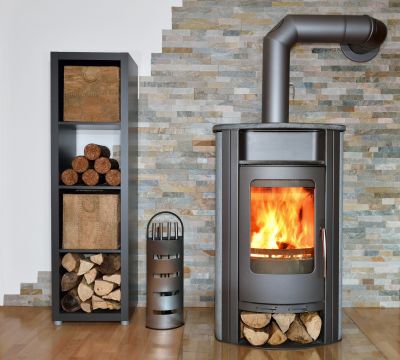
Spring offers moderate temperatures ideal for installation, reducing weather-related challenges.
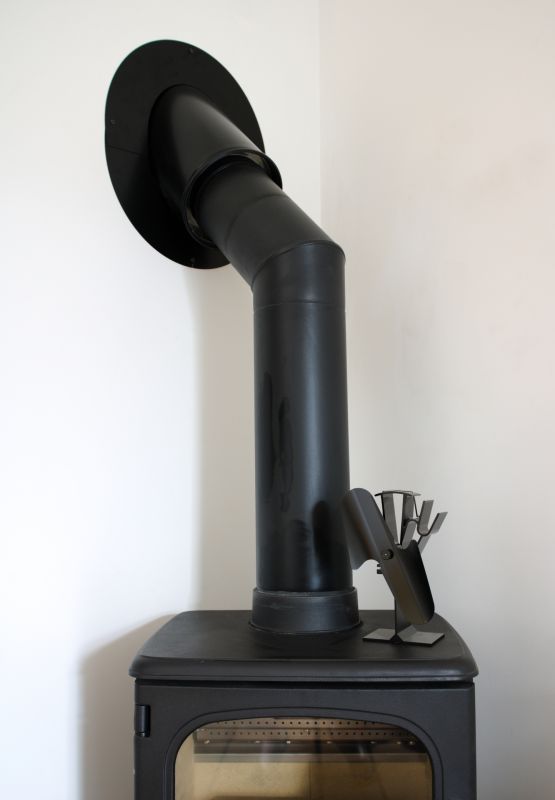
Fall provides cooler, dry conditions suitable for safe and effective installation.
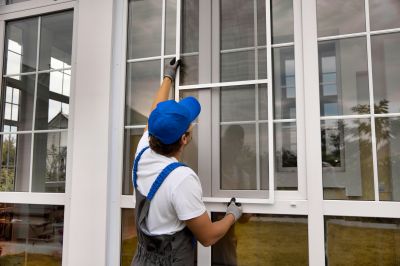
Weather conditions significantly influence the quality and safety of stove pipe installation.
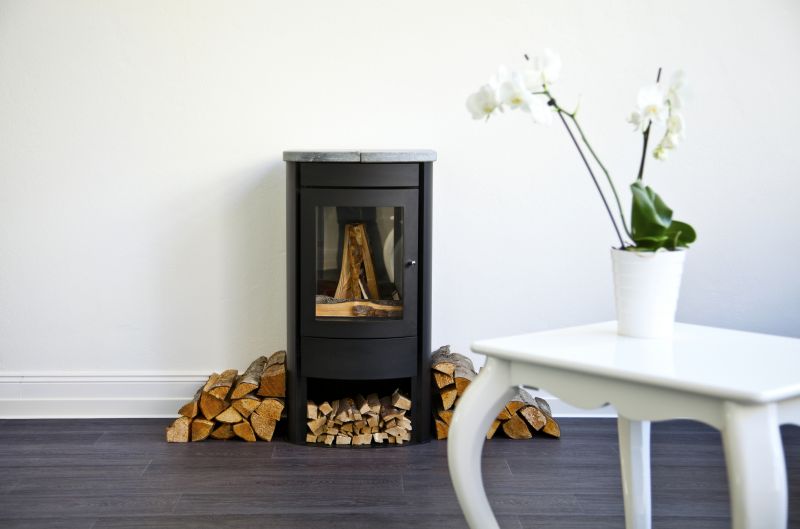
Ways to make Stove Pipe Installations work in tight or awkward layouts.
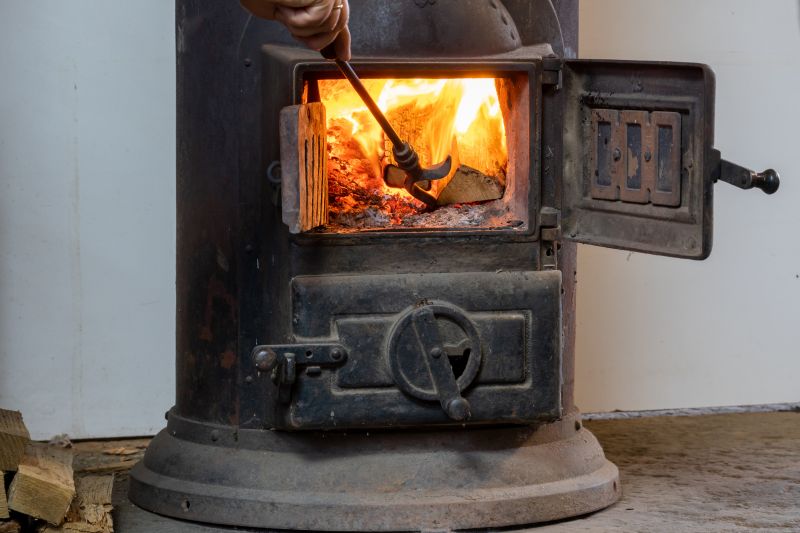
Popular materials for Stove Pipe Installations and why they hold up over time.
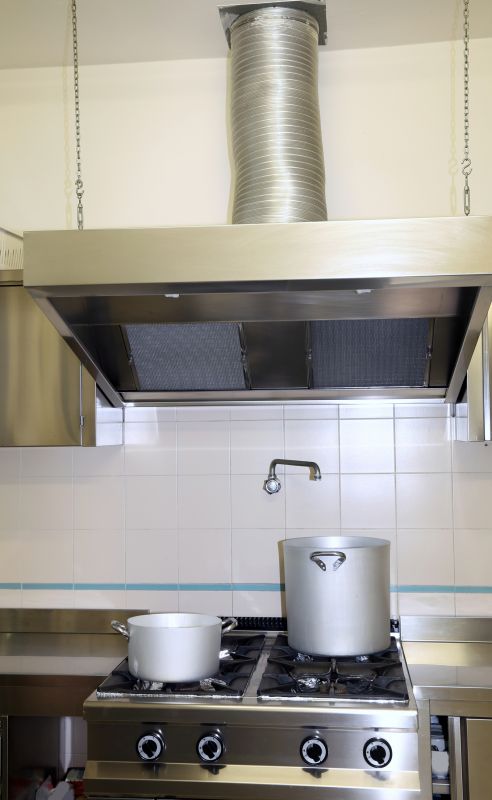
Simple add-ons that improve Stove Pipe Installations without blowing the budget.
| Season | Optimal Conditions |
|---|---|
| Spring | Moderate temperatures, low humidity, minimal rain |
| Summer | High temperatures, dry weather, potential heat stress |
| Fall | Cool temperatures, dry conditions, ideal for installation |
| Winter | Cold temperatures, snow, and ice pose challenges |
Stove pipe installations require attention to seasonal weather patterns to ensure safety, durability, and efficiency. Proper timing minimizes risks related to material performance and working conditions. Planning ahead for favorable weather windows can facilitate a smoother installation process and extend the lifespan of the stove piping system.
